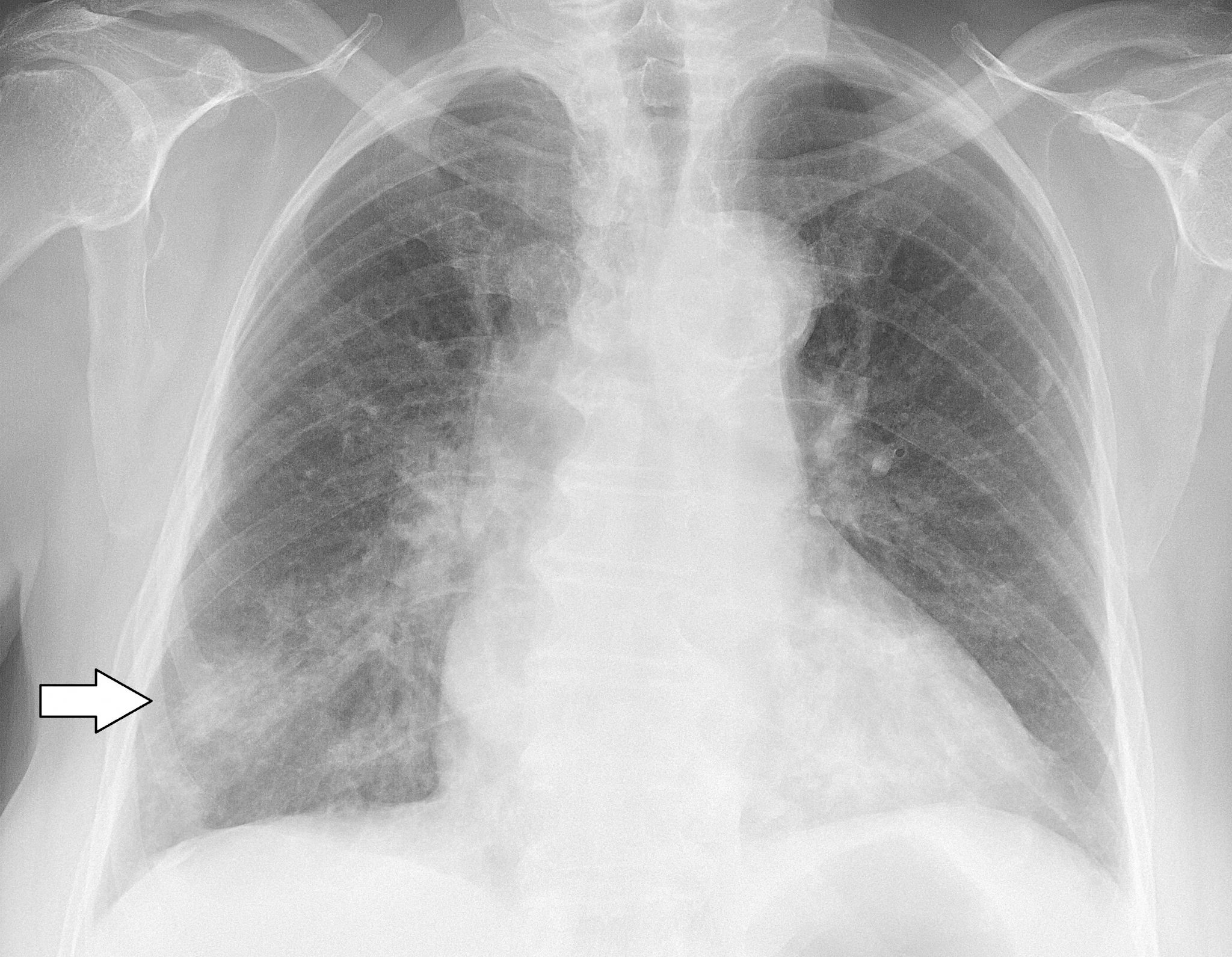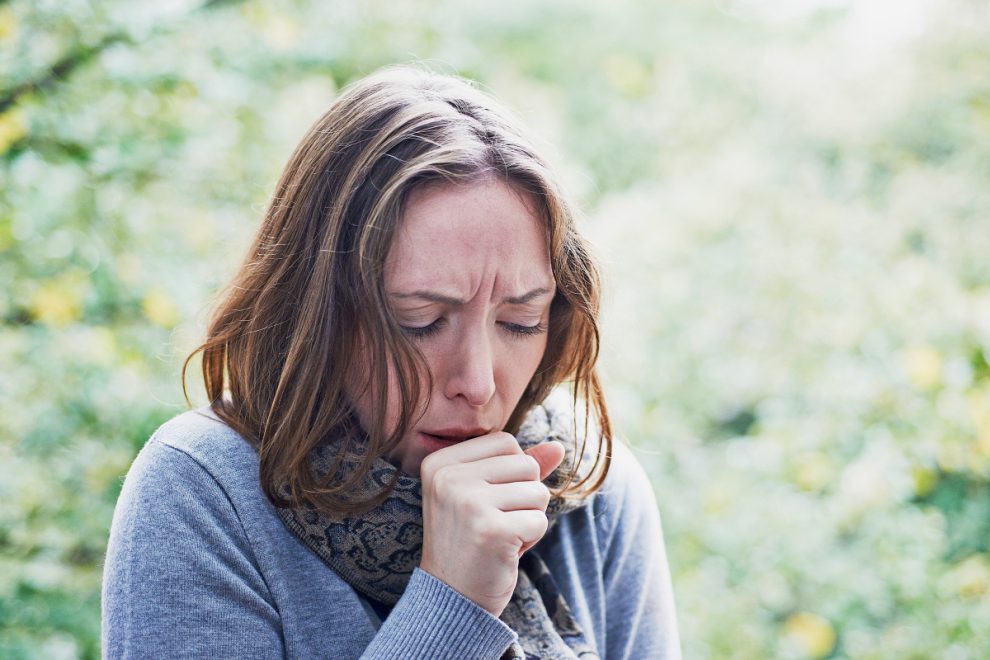An infection of lungs caused by pathogens is known as pneumonia. The pathogens for Pneumonia are bacteria, virus or fungi. How is pneumonia spread? There are some pathogens which spread from diseased to healthy person and hence they are considered contagious. Certain pathogens causing pneumonia are highly contagious and hence you need to take safeguards against the spread of contagious pathogens. When exposed to same germs, everyone will not develop pneumonia. In this article we will study about the details of pneumonia. Is it contagious or not? And what are the safeguards needed to stay protected from this infection.
Contents
What is Pneumonia?
Pneumonia is an infection of lungs caused by certain disease causing organisms such as bacteria, virus or fungi. One of the most common types of pneumonia in adults is bacterial pneumonia. Bacterial pneumonia is usually contagious and spreads from diseased to a healthy person. On the other hand, pneumonia caused by fungi is acquired from the environment and is generally non contagious. The pneumonia symptoms include high fever, cough and phlegm. The signs and symptoms of pneumonia are typical and hence its diagnosis is easy. Is pneumonia deadly? When diagnosed at proper time it can be treated easily with the help of antibiotics.
How Pneumonia Spreads?
Can you catch pneumonia from someone who has it? Pneumonia caused generally by bacteria or virus is generally contagious and passes from person to person. Following ways contribute to the spread of pneumonia:
- Coughing and sneezing of pneumonia patient results in producing tiny droplets in the air carrying germs and when the nearby person inhales these droplets the infection is transmitted. How long is pneumonia contagious? It remains contagious till you have fever and signs of infection.
- Sharing of same utensils for eating and cups for drinking.
- Sharing of a contaminated towel from an infected person especially if a person is suffering from bacterial pneumonia.
- Improper hand washing after coughing, sneezing or blowing the nose.
People At Increased Risk:
Is pneumonia contagious to babies? Babies have weak immune system and hence they are at increased risk. Everyone exposed to pneumonia pathogens will not suffer from pneumonia however there are some people who are considered at increased risk. These people are:
- Children under the age of 2-3 years. Is pneumonia contagious to toddlers? Since the immune system of toddlers is not strongly developed, hence they are at increased risk as well.
- Adults over 65 year of age.
- Women at second and third trimester of pregnancy.
- People with weak immune system especially those who are suffering from AIDS. In the same way people getting chemotherapy are also at increased risk of developing pneumonia.
- Smokers
- People suffering from asthma or other lung diseases.
When to Consult Doctor?
Is pneumonia curable? Pneumonia can be treated by antibiotics. If you think you have pneumonia and also you belong to high risk category, you need to consult medical emergency soon especially if you encounter the following stages:
- Chest pain accompanied with persistent coughing and phlegm.
- High fever
- Breathing difficulties
- A fever which stays for 3 days or more.
Pneumonia treatment includes the nebulization of patient along with certain antibiotics.

Is Pneumonia Contagious?
Is pneumonia contagious after 3 weeks? As discussed above, pneumonia is caused by bacteria, virus or fungi. The bacterial pneumonia is highly contagious especially in case of pneumonia caused by streptococcus. Walking or Chlamydial pneumonia is also contagious.
Doctors generally prescribe antibiotics to treat pneumonia caused by bacteria. Once after taking antibiotics the fever resolves and you no longer remain contagious.
Viral pneumonia is also contagious as well. The influenza causing virus at acute stages also results in viral pneumonia. It also takes several days to make you feel better.
Some forms of pneumonia are non-contagious. Pneumonia caused by fungus belongs to non contagious pneumonia category. This sort of pneumonia is common in the people with weak immune system. The people who are suffering from serious health concerns such as AIDS, Cancer are also at increased risk of this pneumonia. Another form of pneumonia is aspiration pneumonia. It is caused by the inhalation of liquid or food inside the lungs. The neurological conditions or strokes can result in this type of pneumonia and is generally non contagious.
Preventive Measures Against the Spread of Pneumonia:
If you are at increased risk of pneumonia infection, here are some safeguards or protective measures to keep you protected and reduce the risk of infection. Follow the tips mentioned below:
- Wash your hands carefully after coming in contact with pneumonia patient.
- Get vaccine if you are at increased risk of pneumonia.
- Quit smoking
- Stay healthy and exercise well to keep you fit.
- Limit the contact with diseased patients.
- Stay home if you are suffering from pneumonia as you are highly contagious.
The Bottom line:
How contagious is pneumonia? Pneumonia is caused by bacteria, virus or fungi. Several forms of pneumonia are contagious such as pneumonia caused by bacteria or virus. On the other hand fungal pneumonia is acquired from environment and is generally non contagious. The people who are at increased risk of infection are adults over 65 years of age, children under 3 years, people with weak immune system and those who are getting chemotherapy. Get yourself vaccinated if you are at increased risk of pneumonia and stay at home while illness to reduce the risk of transmitting infection to others.
Read this Article : 9 Causes of Hard Nipples










